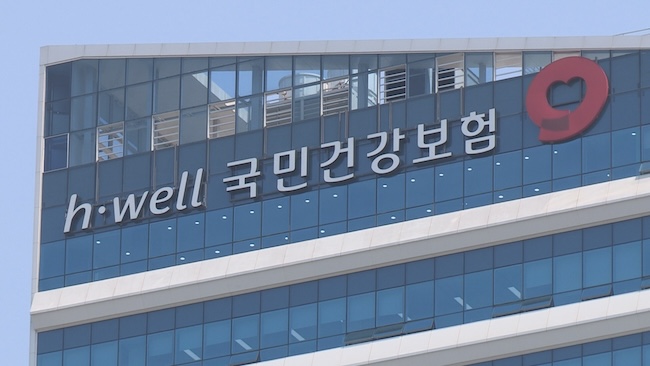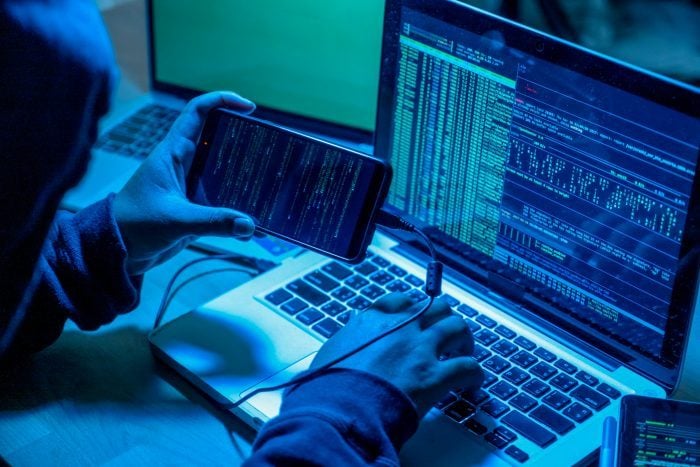Rising Wave of Hacking Attempts Targeting Sensitive Data on NHIS Servers

The number of hacking attempts from abroad targeting the health insurance server, which contains personal, financial, and medical information, is on a steep rise. (Image courtesy of Yonhap)
SEOUL, Oct. 19 (Korea Bizwire) – The number of hacking attempts from abroad targeting the health insurance server, which contains personal, financial, and medical information, is on a steep rise.
According to data from the National Health Insurance Service (NHIS) on Wednesday, cyberattacks on NHIS servers have been on the rise since the NHIS implemented in-house security control in 2019.
The number of cyberattack attempts detected by the NHIS over the past five years amounted to 1,781 in 2019, 3,684 in 2020, 3,489 in 2021, 8,429 in 2022, and 8,448 cases so far this year.
At 98.3 percent, almost all of the cyberattack attempts are made from abroad. By country, China had the largest share, followed by the U.S., Netherlands, and Germany. Data on cyberattack attempts from North Korea is not compiled as North Korean IP addresses are originally interrupted at the NHIS communication server.
Approximately 64.3 percent of the cyberattack attempts occurred during non-official work hours. According to the NHIS, all detected cyberattack attempts were interrupted, and a data breach has yet to occur.
The NHIS handles personal information, including ID numbers, financial information such as cards and accounts, and medical information, including medical checkups and recuperation allowances for 57 million individuals.
To cope with the increase in cyberattacks and advancements in hacking techniques, the NHIS is working on several countermeasures, including expanding dedicated staff, mobilizing a multi-layered defense system, and operating a segregated Internet network.
Kevin Lee ([email protected])



